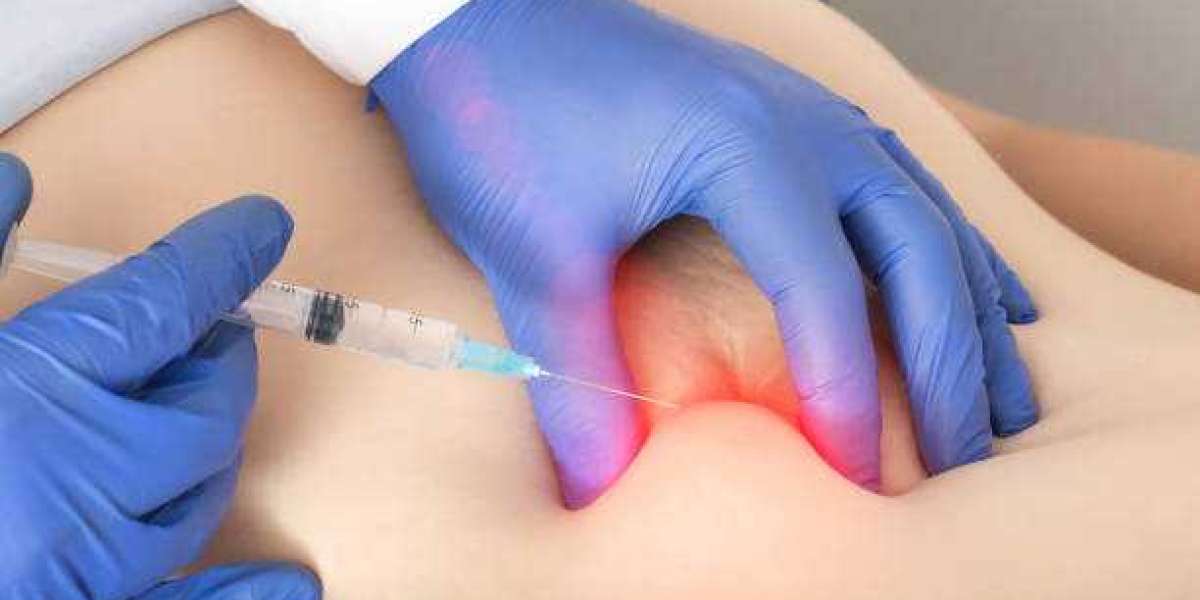Unlocking the Secrets to Thriving with ADHD: Discover Your Path to Freedom!
Attention Deficit Hyperactivity Disorder (ADHD) is a complex neurological condition that affects millions of people worldwide. Individuals with ADHD often face challenges in daily life, from maintaining focus at work or school to managing relationships. These difficulties can lead to feelings of frustration, anxiety, and low self-esteem. Seeking effective treatment is crucial for improving quality of life and unlocking the potential that lies within. In this article, we will explore various treatment options available for ADHD, including medications, therapies, and lifestyle changes, helping you discover a path to thriving with this condition.

Understanding ADHD and Its Challenges
ADHD is characterized by symptoms such as inattention, hyperactivity, and impulsivity. These symptoms can manifest differently in each individual, affecting various aspects of life. For instance, in a work setting, someone with ADHD might struggle to meet deadlines or follow through on projects, leading to job instability. In educational environments, students may find it challenging to concentrate during lectures or complete assignments on time, often resulting in academic underachievement. Moreover, ADHD can strain personal relationships, as impulsive behaviors or difficulty listening can create misunderstandings with friends and family. Understanding these challenges is the first step towards effective management and treatment of ADHD.
Treatment Options for ADHD
When it comes to treating ADHD, there is no one-size-fits-all solution. An integrative approach, combining various treatment options, often yields the best results. From medications that help regulate brain chemistry to therapeutic interventions that address behavioral issues, and lifestyle changes that promote overall well-being, individuals can find a personalized path to manage their symptoms effectively. It's important to remember that what works for one person may not work for another, so exploring different avenues is essential.
Medications
Medications are a common treatment option for individuals with ADHD. Stimulant medications, such as amphetamines and methylphenidate, are often prescribed as they can increase levels of neurotransmitters in the brain that help improve focus and attention. Many individuals report significant improvements in their ability to concentrate and complete tasks after starting medication. However, these medications can also come with side effects, including insomnia, decreased appetite, and potential mood swings. Therefore, it's crucial for individuals to work closely with their healthcare providers to monitor any adverse effects and adjust dosages as needed. Additionally, non-stimulant medications are available for those who may experience side effects or prefer an alternative approach.
Therapies
Therapeutic approaches play a pivotal role in managing ADHD symptoms. Cognitive-behavioral therapy (CBT) is one popular method that helps individuals identify negative thought patterns and develop coping strategies. For instance, a friend of mine who struggled with impulsivity found that CBT helped him recognize triggers and develop healthier responses. Additionally, ADHD coaching can be beneficial, focusing on practical skills such as time management, organization, and goal-setting. Through these therapies, individuals learn to navigate the challenges of ADHD, enhancing their self-awareness and improving their overall quality of life.
Lifestyle Changes
Incorporating lifestyle modifications can significantly impact the management of ADHD symptoms. Diet plays a crucial role; a balanced diet rich in omega-3 fatty acids, fruits, vegetables, and whole grains can help improve brain function. Regular physical activity is also essential, as it can enhance mood and reduce anxiety, making it easier to focus. Moreover, establishing a consistent sleep routine helps regulate mood and cognitive function. A friend of mine found that improving his sleep hygiene made a remarkable difference in his ability to concentrate during the day. By making these lifestyle changes, individuals with ADHD can create a supportive environment that fosters better symptom management.
Effective Strategies for Managing ADHD
In conclusion, ADHD is a multifaceted condition that requires a comprehensive approach to treatment. By understanding the challenges associated with ADHD and exploring various treatment options—such as medications, therapies, and lifestyle changes—individuals can find effective strategies to thrive. It is vital to remember that a combination of methods often leads to the best outcomes. Encourage yourself or a loved one to take the first step towards exploring these options, as the journey to managing ADHD can lead to greater fulfillment and success in life.








